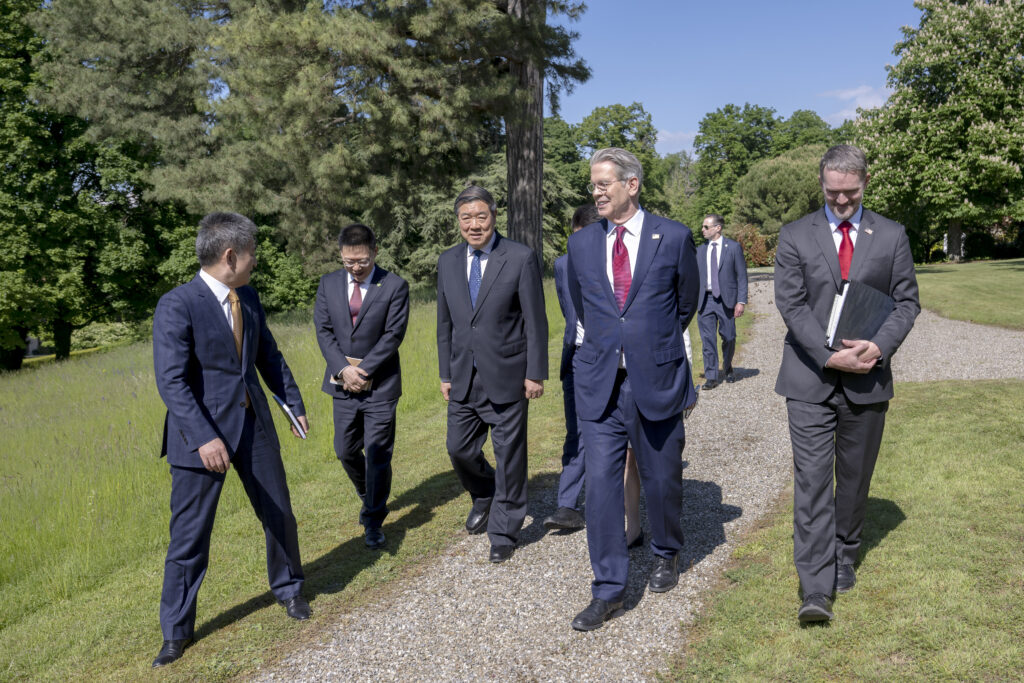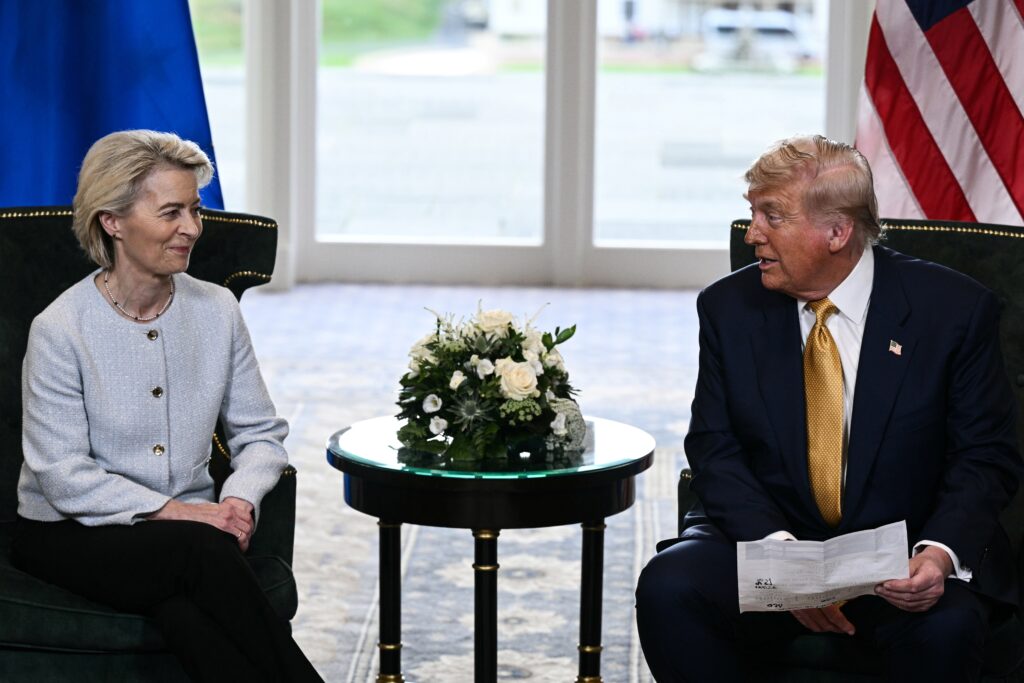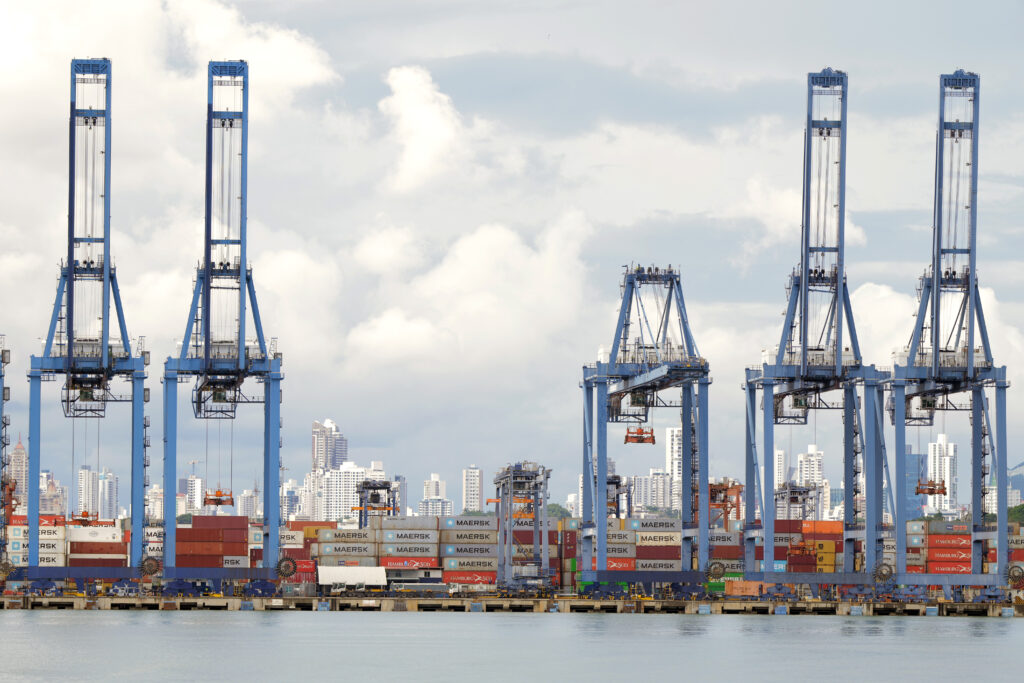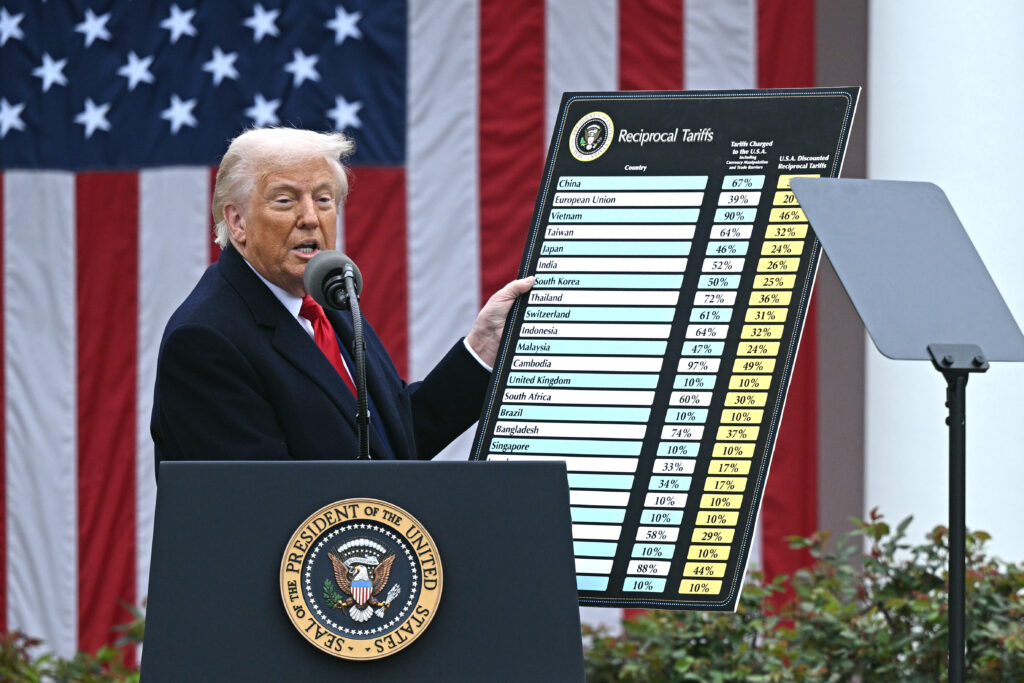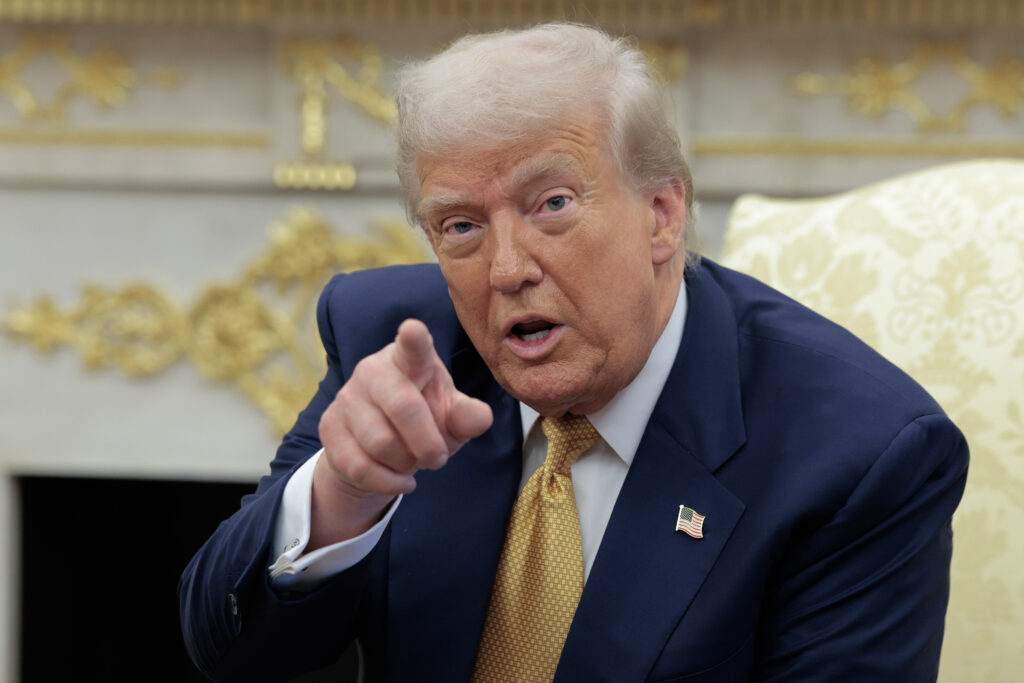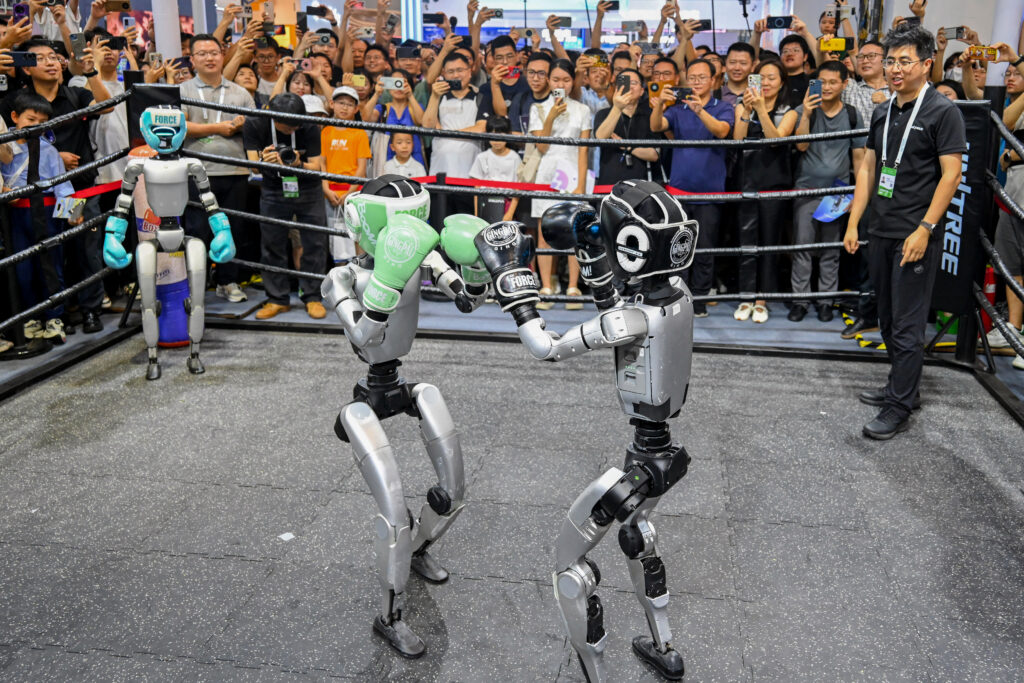China and US wrap first day of trade talks
Chinese and US officials wrapped the first day in a fresh round of talks in Stockholm on Monday, with the world’s top two economies looking to extend a fragile trade truce in the face of President Donald Trump’s global tariff war.The talks came a day after Trump reached a deal with the EU that will see the bloc’s exports to the United States taxed at 15 percent.The negotiations in Sweden concluded shortly before 8:00 pm (1800 GMT), with neither side offering details on their progress, although a US Treasury department spokesman said they were expected to resume on Tuesday.The United States and China earlier this year imposed triple-digit tariffs on each other in a tit-for-tat escalation, but then walked them back under a temporary agreement reached in May.The expiry of that 90-day truce falls on August 12, but there are indications they could use the Stockholm talks to push it back further.The South China Morning Post, citing sources on both sides, reported on Sunday that Washington and Beijing are expected to extend their tariff pause by a further 90 days.Under the existing accord, US duties on Chinese goods have temporarily been lowered to 30 percent, and China’s countermeasures slashed to 10 percent.Dozens of other countries, though, face a Trump deadline of Friday this week to seal deals with Washington or see US tariffs against them rise.Beijing said ahead of the Stockholm meeting that it wants to see “reciprocity” in its trade with the United States.Foreign ministry spokesman Guo Jiakun said Beijing favoured “consensus through dialogue” to “reduce misunderstandings, strengthen cooperation and promote the stable, healthy and sustainable development of China-US relations”.The negotiating teams in Stockholm were being led by US Treasury Secretary Scott Bessent and Chinese Vice Premier He Lifeng in Sweden.They were meeting in the Rosenbad building, home to the Swedish government. The Chinese and US flags were raised in front of it for the talks.- ‘Shift’ seen in US approach -The previous round of China-US talks was held in London.”There seems to have been a fairly significant shift in (US) administration thinking on China since particularly the London talks,” said Emily Benson, head of strategy at Minerva Technology Futures.”The mood now is much more focused on what’s possible to achieve, on warming relations where possible and restraining any factors that could increase tensions,” she told AFP.Talks with China have not produced a deal but Benson said both countries have made progress, with certain rare earth and semiconductor flows restarting.”Secretary Bessent has also signalled that he thinks a concrete outcome will be to delay the 90-day tariff pause,” she said. “That’s also promising, because it indicates that something potentially more substantive is on the horizon.”US-China Business Council president Sean Stein said the most important thing from Stockholm “is the atmosphere coming out”.”The business community is optimistic that the two presidents will meet later this year, hopefully in Beijing,” he told AFP.Other countries in Trump’s tariffs crosshairs have been parsing Washington’s negotiations with China and the European Union for clues on what options they might have.The US president has imposed a baseline 10-percent rate on most countries around the world, but has vowed to raise that from August 1 on certain nations if they do not make a deal.He has threatened to hike tariffs up to 50 percent on partners such as Brazil and India.Tariffs imposed by the Trump administration have already effectively raised duties on US imports to levels not seen since the 1930s, according to data from The Budget Lab research centre at Yale University.Trump has announced pacts so far with the European Union, Britain, Vietnam, Japan, Indonesia and the Philippines, although details have been sparse.The EU unveiled a pact with Washington on Sunday while South Korea is rushing to strike an agreement.Breakthroughs have been patchy since Washington promised a flurry of agreements after unveiling — and then swiftly postponing — tariff hikes targeting dozens of economies in April.burs-ft/rlp
